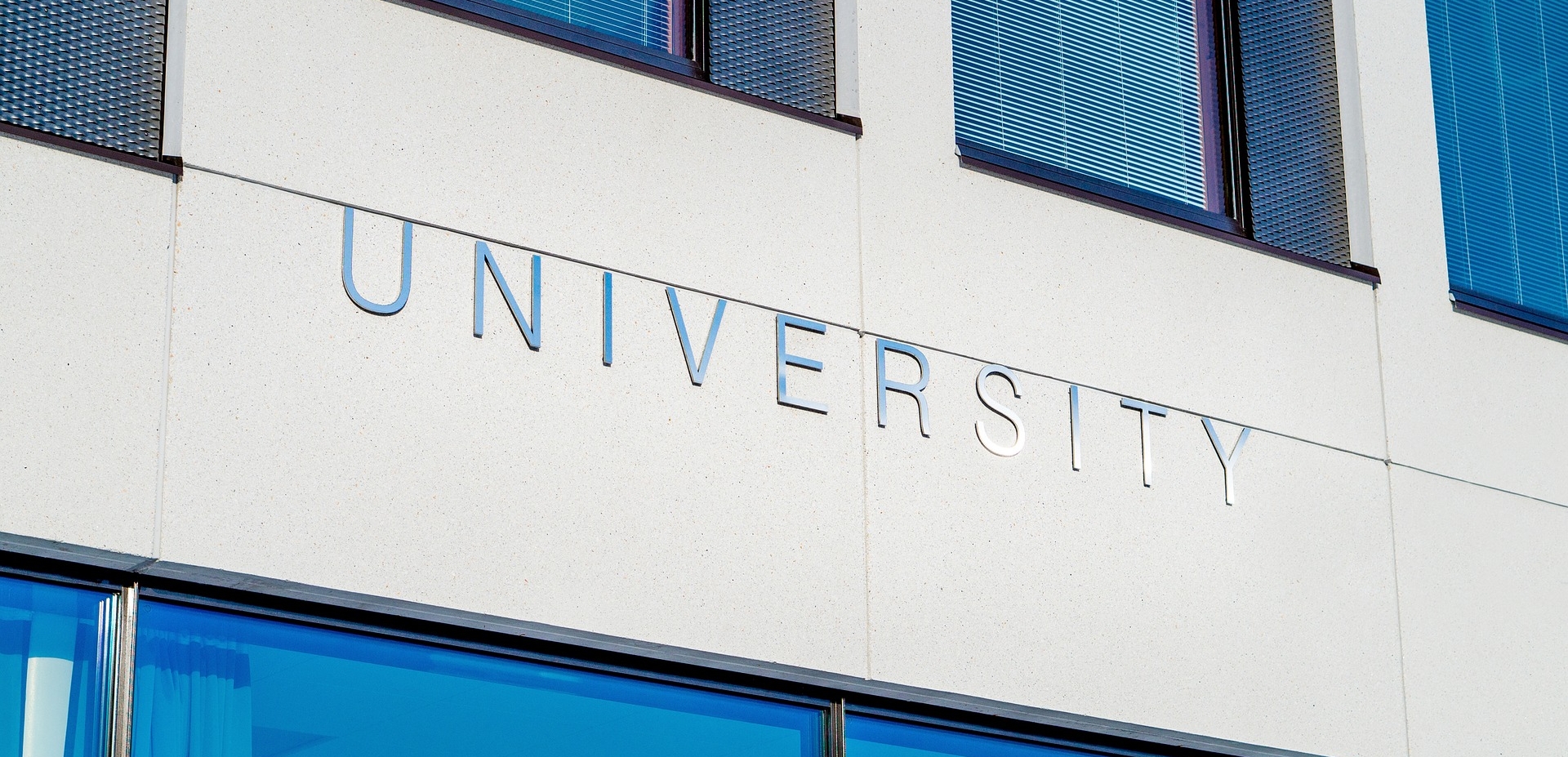The Atlantic
A new paper by Stacy Dale, a mathematician at Mathematica Policy Research, and Alan Krueger, an economist at Princeton University, reveals that for most elite colleges applicants, it simply doesn’t really matter if they don’t get into their top choice. The researchers wanted to know if students attending the most elite colleges earn more in their 30s, 40s, and 50s than students with similar SAT scores, but who were rejected from those elite colleges.
To find the answer they tracked two groups of students—one that attended college in the 1970s and another in the early 1990s. At the end of the study they found that there was no difference between the students who went to super-selective schools and the students with similar SAT scores who were rejected from those schools and went to less selective institutions.
Derek Thompson from The Atlantic points out that getting into Princeton if your parents went to Princeton is not a game-changer. But getting into Princeton if your parents have an average of less than 16 years of schooling, then that could be game-changing. Nevertheless, elite colleges are known to be disproportionately kind to legacy students and famously struggle to fill their classes with low-income, high achieving students.
Read more on The Atlantic.
This article from Observatory of the Institute for the Future of Education may be shared under the terms of the license CC BY-NC-SA 4.0 
)
)


)